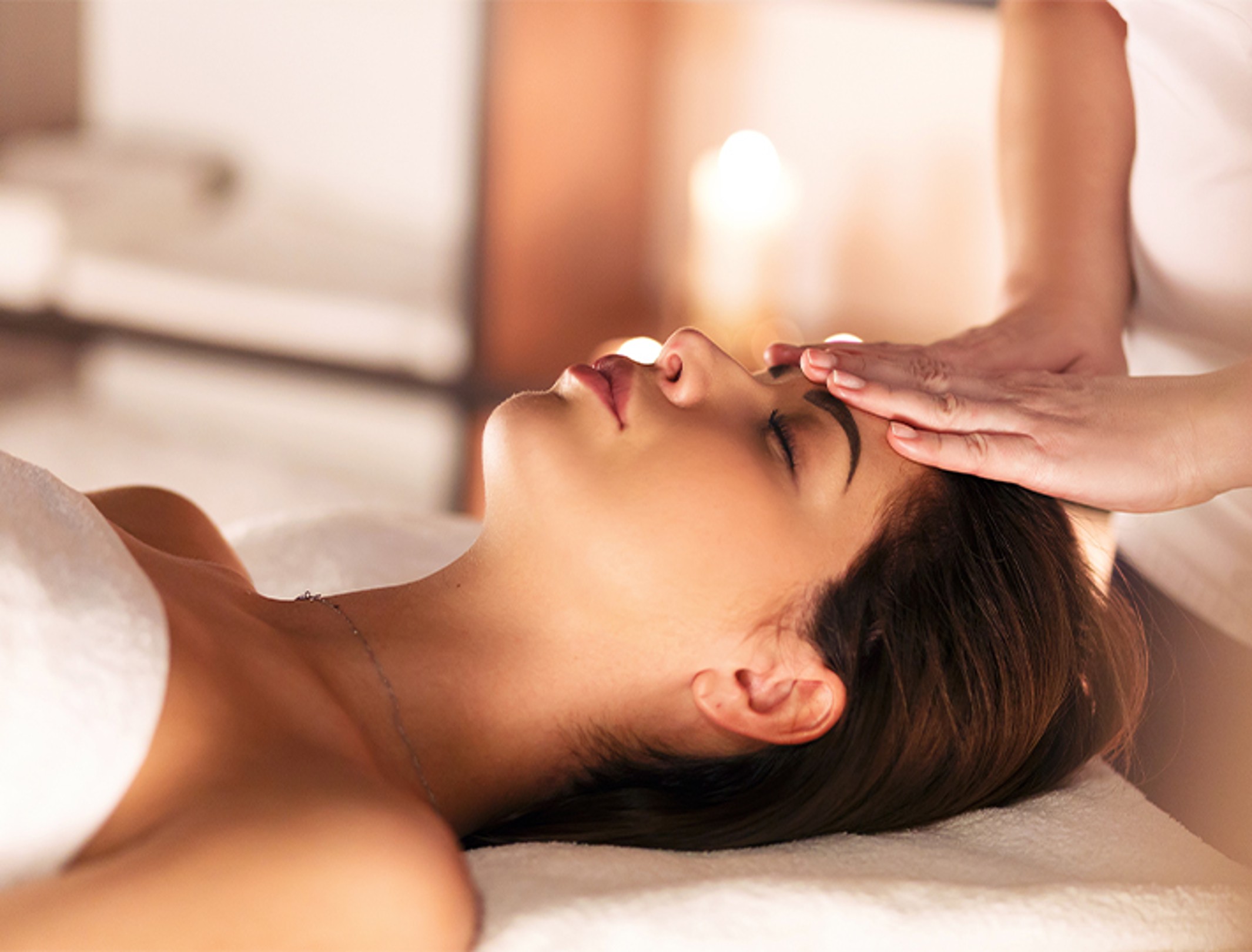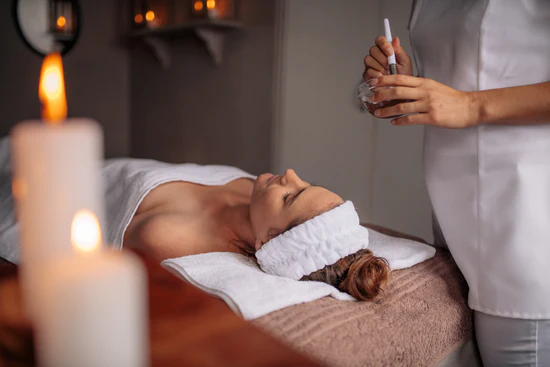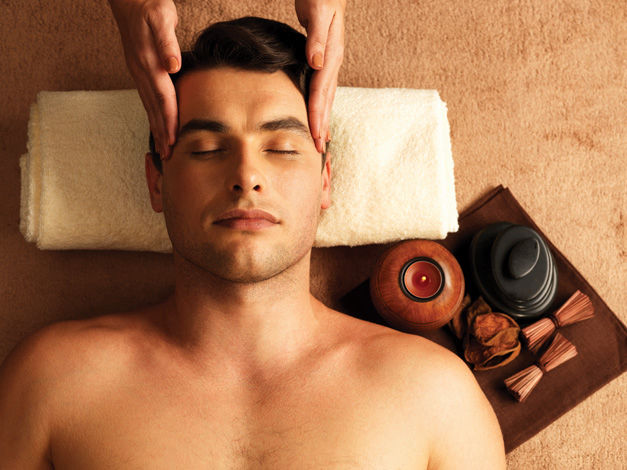
The Science Behind Massage Therapy
Massage has been a traditional, natural method of promoting well-being and relaxation for ages. Beyond the comforting feeling of a good massage, however, research is beginning to unveil the intricate biochemical processes through which massage works its healing magic. This essay explores the impact of massage on our physiology and general health, delving into the interesting science underlying the practice.
The Relaxation Response: Countering the Fight-or-Flight Response
One of the most well-documented benefits of massage is its ability to induce relaxation. When stress hits, our bodies enter the fight-or-flight response, characterized by increased heart rate, blood pressure, and cortisol (stress hormone) levels. Massage helps activate the parasympathetic nervous system, triggering the relaxation response. This translates to a decrease in heart rate, blood pressure, and cortisol, promoting feelings of calm and reducing stress.
The Hormonal Symphony: A Dance of Feel-Good Chemicals
Massage isn’t just about physical manipulation; it also triggers a cascade of hormonal changes. The feel-good chemicals – endorphins, serotonin, and dopamine – are released during a massage. Endorphins act as natural painkillers, reducing pain perception. Serotonin and dopamine elevate mood, fostering feelings of happiness and well-being. This hormonal interplay contributes to the stress-busting and mood-boosting effects of massage.
Improved Circulation: Aiding Delivery and Removal
Massage techniques like kneading and stroking stimulate blood flow throughout the body. This enhanced circulation delivers vital oxygen and nutrients to muscles and tissues, promoting healing and repair. Additionally, improved circulation facilitates the removal of waste products like lactic acid, which can contribute to muscle soreness. This explains why massage can be so effective in aiding post-workout recovery and reducing muscle fatigue.
The Lymphatic Advantage: Boosting Immunity
The lymphatic system plays a crucial role in our immune function. Massage helps stimulate the lymphatic system, promoting the drainage of waste products and toxins from the body. This can potentially strengthen the immune system and improve our ability to fight off illness. Studies have shown that massage therapy may increase the activity of white blood cells, the body’s soldiers in the fight against infection.
Pain Management: More Than Just Relaxation
Massage therapy has emerged as a valuable tool in pain management. By reducing muscle tension and improving circulation, massage can alleviate pain associated with various conditions like chronic low back pain, headaches, and fibromyalgia. Additionally, the release of endorphins during massage helps elevate pain tolerance.
Cellular Benefits: Beyond the Muscle
Recent research has shed light on the cellular-level effects of massage. Studies suggest that massage can influence gene expression, potentially promoting the development of mitochondria, the powerhouses of our cells, and downregulating genes associated with inflammation. This exciting research paves the way for a deeper understanding of how massage influences healing and recovery at the most fundamental level.
The Science of Touch: A Multifaceted Approach
The science behind massage is a complex and evolving field. While the mechanisms continue to be unraveled, research consistently highlights the positive impact of massage on various aspects of health. From stress reduction and pain management to improved circulation and potentially enhanced immunity, massage offers a multifaceted approach to promoting well-being.
Important Considerations: Consulting a Healthcare Professional
Even though massage treatment has many advantages, it’s important to see a doctor before beginning, particularly if you have any underlying medical issues. A licensed massage therapist can create a treatment plan just for you and guarantee a relaxing and enjoyable encounter.
Finally, a massage is more than just a relaxing procedure. It’s a technique for pain management, relaxation, and general well-being that has been scientifically confirmed. Through a grasp of the science underlying massage, we may use touch’s healing properties to cultivate a happier and healthier lifestyle.


